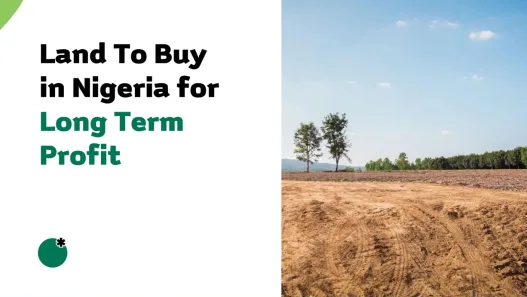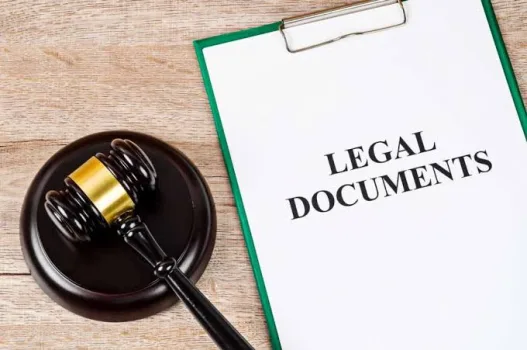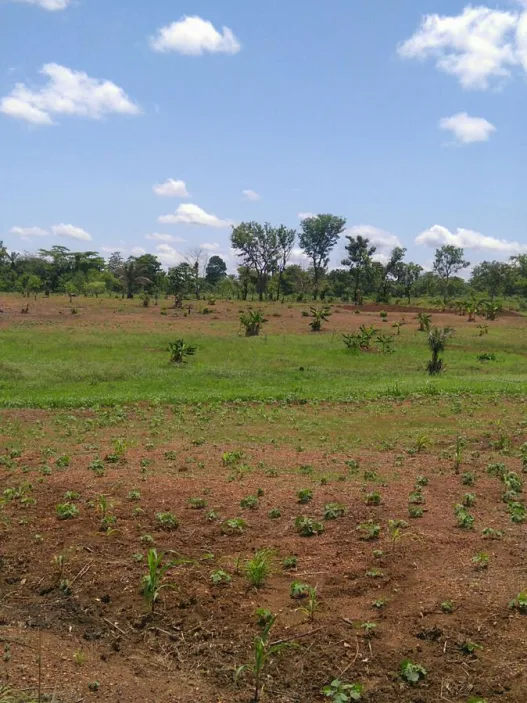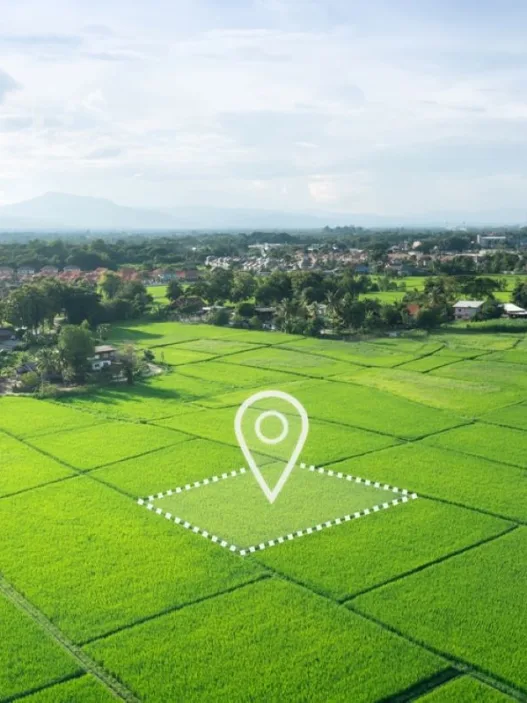Purchasing land in Nigeria is a significant investment, but it can also come with risks if the necessary steps to make a land search are not taken to verify the property’s ownership and legal standing. The process of conducting a land search and verifying property titles is a crucial part of the due diligence process that ensures the land being purchased is free from disputes, government acquisition, or any other legal encumbrances.
To avoid potential pitfalls, it’s important to understand how to navigate this process effectively. Here is a comprehensive guide to help you conduct land searches and verify property titles in Nigeria.
Understanding Land Ownership Systems in Nigeria
Nigeria’s land ownership system is governed by the Land Use Act of 1978, which vests all land in the hands of the state governors. This means that individuals do not outright own the land but are granted rights to occupy it through what is called a Certificate of Occupancy (C of O). Understanding this system is key to knowing what documents and permissions you need before finalizing a land purchase.
Land ownership in Nigeria can be divided into two main types:
- Government-Owned Land: This type of land is earmarked for public use, which may include road construction, hospitals, or other infrastructure projects. You must verify that the land you are purchasing is not under government acquisition, or you could lose it when the government reclaims the property.
- Privately-Owned Land: Privately-owned land is sold or inherited by individuals or communities. However, land disputes are common, so conducting proper due diligence is vital.
The Importance of Conducting a Land Search
Before you make any payment or commitment to buy land, you must conduct a land search to verify the property’s legal status. This involves confirming that the land has a valid Certificate of Occupancy (C of O) or other title documents and that there are no disputes, pending litigation, or government acquisition notices on the property.
Here’s a step-by-step guide on how to carry out a land search:
- Obtain the Survey Plan: A survey plan shows the boundaries and measurements of the land. It also includes details about the land’s location, such as the village, town, and local government area. The survey plan is crucial for determining whether the land falls under government acquisition.
- Visit the Land Registry: After obtaining the survey plan, visit the relevant State Land Registry where the land is located. The Land Registry keeps records of all lands within the state, including ownership details and any legal encumbrances.
- Conduct a Charting: At the Land Registry, request a charting of the land, which involves checking whether the land is under government acquisition. Some lands may be under global acquisition, meaning they have been marked for future use by the government. If the land is acquired, you should avoid purchasing it.
- Verify the Title Documents: You must verify that the land has a valid title such as a C of O, Governor’s Consent, or Deed of Assignment. If the property lacks these documents, it may not be legal to transfer the ownership to you.
Common Types of Title Documents in Nigeria
When purchasing land, it’s important to verify that the seller has the proper title documents. Here are some common title documents in Nigeria:
- Certificate of Occupancy (C of O): This document grants the holder the right to occupy a piece of land for a maximum period of 99 years. It is issued by the state government.
- Governor’s Consent: When land is transferred from one person to another, the transaction must receive the governor’s approval in the form of a Governor’s Consent. Without this, the transfer is not considered legal.
- Deed of Assignment: This is a legal document that shows the transfer of ownership of the land from the seller to the buyer. It is a crucial part of the documentation process in any land sale.
- Excision and Gazette: Some lands are owned by indigenous families or communities. Excision is the process of officially releasing a portion of government-acquired land back to the community. The excision is recorded in a government publication called the Gazette.
The Role of Lawyers in Land Transactions
Hiring a lawyer is essential when buying land in Nigeria. Lawyers can help guide you through the entire process, ensuring that you avoid common pitfalls such as purchasing land with incomplete or fraudulent documents.
A lawyer can assist with:
- Conducting thorough land searches.
- Ensuring that all title documents are genuine and up to date.
- Drafting legal agreements such as the Deed of Assignment.
- Obtaining the necessary government approvals, such as the Governor’s Consent.
Without legal representation, you might inadvertently buy land that is in dispute or under government acquisition.
The Role of Surveyors in Land Verification
Surveyors play a critical role in land transactions by providing an accurate survey of the land, including its boundaries and size. When buying land, make sure you hire a registered surveyor to confirm that the property’s survey plan matches the land being offered for sale. The surveyor can also help verify whether the land falls within government-acquired zones.
Costs Associated with Conducting a Land Search and Verifying Titles
Verifying land ownership in Nigeria comes with certain costs. These include:
- Search Fees: A fee paid to the Land Registry to conduct a search on the land.
- Survey Fees: A registered surveyor must confirm that the survey plan provided by the seller matches the land’s actual location and dimensions.
- Legal Fees: Lawyer’s fees for drafting documents and conducting due diligence.
- Charting Fees: This is the fee paid for charting the land to verify its status at the Land Registry.
It’s important to budget for these costs in addition to the price of the land itself.
Common Pitfalls to Avoid When Buying Land in Nigeria
Buying land in Nigeria can be tricky, with potential buyers often making mistakes that lead to financial losses. Here are some common pitfalls to avoid:
- Failure to Verify Title Documents: Many buyers skip verifying title documents, leading to disputes and loss of investment.
- Purchasing Government-Acquired Land: Buying land that falls under government acquisition is one of the costliest mistakes a buyer can make.
- Skipping Site Inspections: Some buyers fail to physically inspect the property, only to later discover issues such as encroachments or disputes over boundaries.
Tips for First-Time Land Buyers
If you’re a first-time buyer, these tips can help you avoid some of the challenges associated with land purchases in Nigeria:
- Hire Professionals: Engage surveyors, lawyers, and real estate agents to help guide you through the land search and verification process.
- Investigate the Property’s History: Make sure you understand the history of the land, including past owners and any disputes.
- Conduct Thorough Due Diligence: Always conduct a search at the Land Registry and ensure that all the title documents are in order.
Conclusion
Conducting a land search and verifying property titles is a critical step when buying land in Nigeria. By following the proper procedures and working with experienced professionals, you can protect yourself from fraud, disputes, and government acquisitions. Ensure that you have all the necessary documentation in place before making any payments, and never rush through the due diligence process. With careful planning and attention to detail, you can safely navigate the complexities of land transactions in Nigeria.
Share this:
- Click to email a link to a friend (Opens in new window)
- Click to share on LinkedIn (Opens in new window)
- Click to share on Reddit (Opens in new window)
- Click to share on Tumblr (Opens in new window)
- Click to share on Pinterest (Opens in new window)
- Click to share on Telegram (Opens in new window)
- Click to share on Threads (Opens in new window)
- Click to share on WhatsApp (Opens in new window)
- Click to share on Mastodon (Opens in new window)
- Click to share on Nextdoor (Opens in new window)
- Click to share on Bluesky (Opens in new window)
Related
Get the best of Real Estate delivered straight to your inbox weekly.
Real Estate updates the way you want it.




















